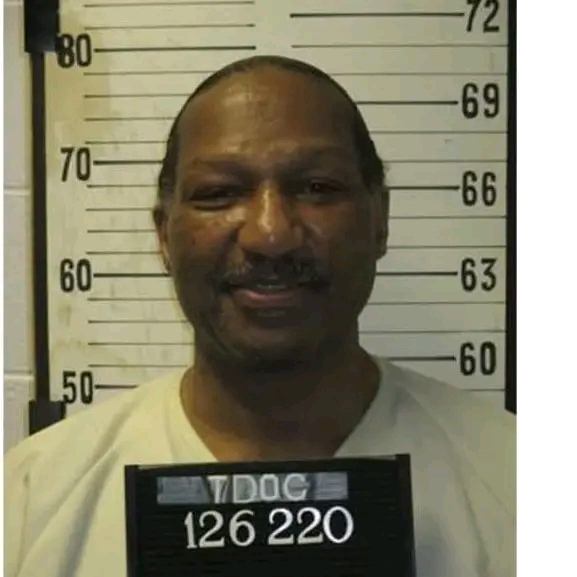The upcoming local elections could spell disaster for the Conservative Party, with forecasts suggesting they may lose up to 525 council seats. Veteran political analyst Lord Robert Hayward has issued a stark warning to Tory leader Kemi Badenoch, highlighting the growing momentum of Nigel Farage’s Reform UK. The party is poised to make significant inroads, especially in the Midlands and northern regions, potentially gaining between 400 to 450 new seats. Meanwhile, Labour is projected to maintain a relatively stable performance, losing some ground to Reform but recovering losses from the Conservatives. These predictions point to a turbulent political landscape as voter sentiments shift sharply across the country.
The Liberal Democrats are expected to capitalize on Conservative weaknesses, potentially gaining between 70 and 80 seats. Their anticipated gains are focused in areas they successfully contested during the recent summer elections. The Green Party, too, is on track to strengthen its local presence, particularly in cities like Oxford and Cambridge. These areas have seen growing criticism of Labour policies, especially regarding foreign aid cuts and austerity measures. The Greens may secure 20 to 40 additional seats, reflecting a broader appetite for progressive environmental policies in academic and urban hubs.
As Reform UK surges, conversations about a potential electoral pact between them and the Tories are becoming more frequent. A partnership might help consolidate the centre-right vote and avoid further fragmentation. However, Nigel Farage has strongly rejected any such alliance, emphasizing a deep dissatisfaction with the Conservatives’ 14-year governance. He criticized the current administration for soaring taxes, unchecked government expansion, and record levels of immigration. According to Farage, these failings have betrayed the public’s trust, leaving his supporters firmly opposed to any collaboration with the ruling party.
Despite Farage’s resistance, there is mounting concern that Labour could secure another term in government if Reform and the Tories continue to compete against one another. Former Business Secretary Sir Jacob Rees-Mogg voiced his worries, suggesting that continued division on the right could hand Labour a significant advantage. He urged both parties to recognize the strategic risk of internal conflict, which could inadvertently result in a Labour landslide. His comments reflect the growing anxiety within conservative circles over how to contain the rising threat posed by Reform UK while avoiding a complete electoral collapse.
Accusations of backroom deals have already surfaced, with Labour and the Liberal Democrats claiming that the Conservatives are quietly exploring a “grubby deal” with Farage’s party. Although Badenoch’s team hasn’t confirmed such intentions, her spokesperson recently acknowledged the importance of uniting centre-right voters to prevent a Labour victory. With tensions escalating and the political stakes growing higher, the coming weeks may prove pivotal in reshaping the future of the British political landscape. Whether this fragmentation leads to cooperation or continued rivalry could ultimately decide the balance of power in Westminster.



